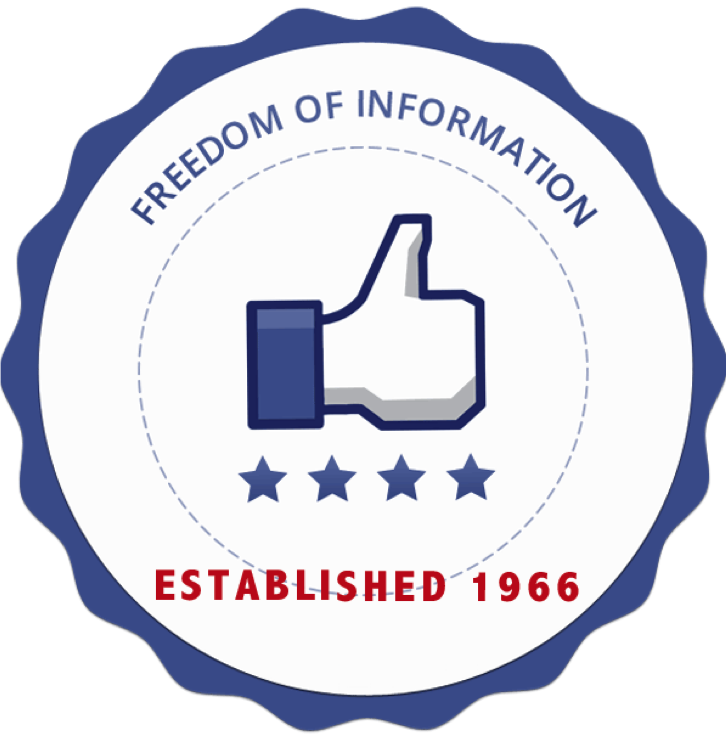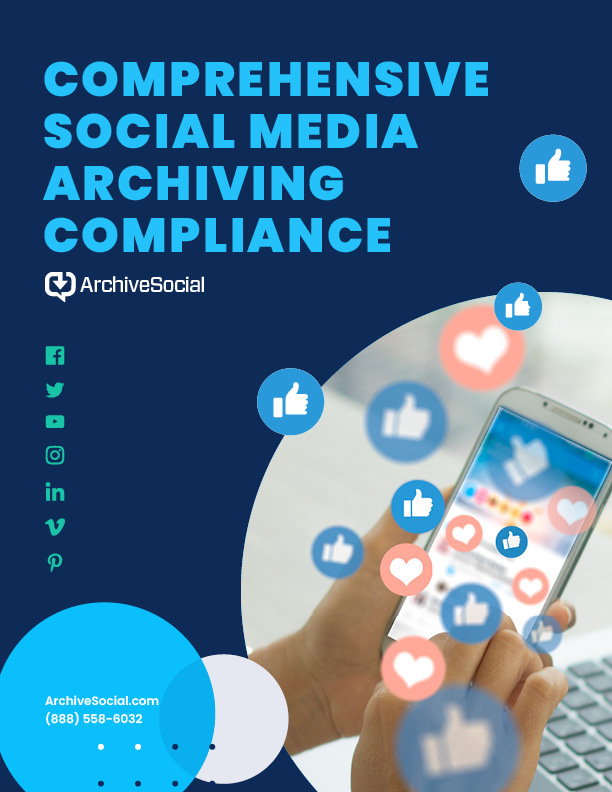According to Right2INFO.org, as of September 2013, at least 95 countries had nationwide laws establishing the right of, and procedures for, the public to request and receive government-held information. These laws are often referred to as Freedom of Information (FOI) acts or procedures.
In this blog post, we’re taking a look at five FOI laws from around the world.
United States
FOI Background
Enacted on July 4, 1966, and taking effect one year later, the Freedom of Information Act (FOIA) gives citizens the right to access information from the federal government. More specifically, FOIA provides that any person has a right, enforceable in court, to obtain access to federal agency records, except to the extent that such records (or portions of them) are protected from public disclosure.
FOI Enforcement
It is the Executive Branch, led by the President, that is responsible for the administration of the FOIA across the government. The Department of Justice’s Office of Information Policy oversees agency compliance with these directives and encourages all agencies to fully comply with both the letter and the spirit of the FOIA.
All 50 states have public records laws, similar to and often modeled upon FOIA, designed to allow members of the public to obtain documents and other public records from state and local government bodies.
United Kingdom
FOI Background
The Freedom of Information Act (the Act) was passed on November 30, 2000, and came into force in January 2005. It gives the public a right of access to all types of recorded information held by public authorities, but also sets out exemptions from that right. The term ‘public authority’ is defined in the Act and includes all public bodies and Government departments in the UK.
FOI Enforcement
The Information Commissioner’s office (ICO) is the UK’s independent public authority set up to uphold information rights. The Office promotes good practice, rules on complaints, provides information to individuals and organizations, and takes appropriate action when the law is broken.
Australia
FOI Background
The Freedom of Information Act (FOI Act) provides a legally enforceable right of access to government documents. It applies to Australian Government ministers and most agencies, although the obligations of agencies and ministers are different. It was enacted on March 09, 1982.
FOI Enforcement
The Australian Information Commissioner, supported by the Freedom of Information Commissioner, works to promote awareness and understanding of the FOI Act among both agencies and the public, promote a pro-disclosure culture across government, and provide external merits review of FOI decisions made by agencies and ministers.
There is similar legislation in all Australian states and territories.
Ireland
FOI Background
In Ireland the Freedom of Information Act came into effect on April 21, 1998 and was amended on April 11, 2003. The Acts give people a right of access to records held by many public bodies including Government Departments, the Health Services Executive (HSE) and Local Authorities.
FOI Enforcement
The Information Commissioner is completely independent of the government in the performance of her functions. The Office of the Information Commissioner (OIC) reviews decisions made by public bodies in relation to Freedom of Information requests in a fair and independent way, promotes the operation of the FOI Act, and publishes commentaries on the operation of the FOI Act.
Canada
FOI Background
The Access to Information Act (ATIA) took effect on July 1, 1983, permitting Canadians to retrieve information from government files, establishing what information could be accessed, mandating timelines for response.
FOI Enforcement
The ATIA is enforced by the Office of the Information Commissioner (OIC). Each Information Commissioner is appointed by and reports directly to Parliament. They provide arms-length oversight of the federal government’s access to information practices. The Commissioner encourages and assists federal institutions to adopt approaches to information-sharing that meet the objectives of the Act, and advocates for greater access to information in Canada.
Each province and territory in Canada has its own access to freedom of information legislation.
For more information on FOIA and Public Records laws in the United States, read about the records laws in each state.


